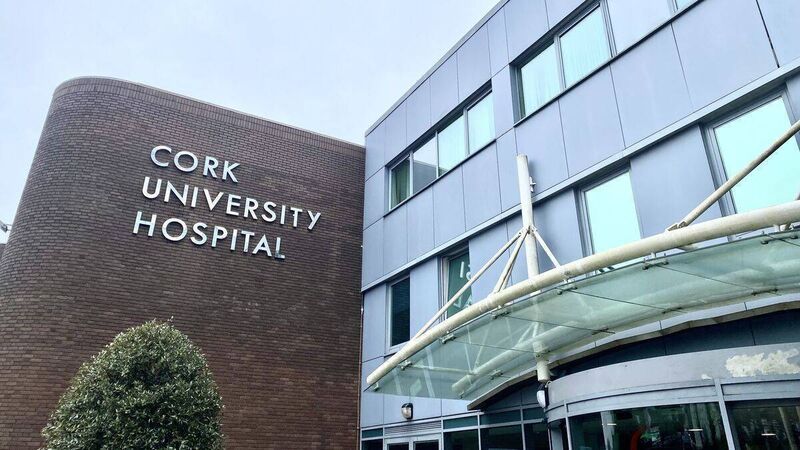Former GP told inquest he kept no records of injections before woman’s fatal brain bleed

Marlyn Hilliard, 83, died from a catastrophic brain bleed on February 11, 2025, at Cork University Hospital. File picture
A former GP told an inquest that he had no records of injections allegedly given to a patient who later died from a fatal brain bleed, despite receipts produced in court suggesting he did.
Marlyn Hilliard, 83, died from a catastrophic brain bleed on February 11, 2025, at Cork University Hospital.













